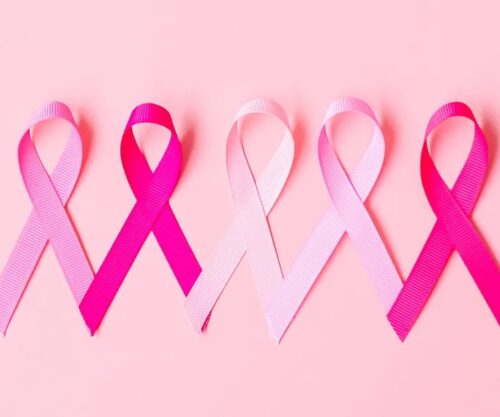
Whether we like it or not, we don’t enjoy much privacy in our personal lives these days. Technology has made sure of that. Tweet the wrong thing and everyone knows, or behave recklessly at a party and you find yourself all over Facebook. In the same way, keeping your HIV status a closely guarded secret is something of the past.
Here are 4 best ways to disclose your status
Have the right attitude
Accept yourself for who you are. If you have accepted your status, you will already be more confident about telling others when the time is right. If you have adopted the mindset that being HIV+ is a medical condition you’re being treated for, you’re not going to affect others, and you’re getting on with life, you’ll immediately put others at ease because you are in control.
Keep it personal
Generally, it’s best to confide in people you can trust like close family members and very special friends. Always make it clear that you’re telling them in confidence and that you want it to stay that way. You’re trusting them with your personal information, and in return you want to be able to trust them. Keeping your status confidential can be risky. If you have a close-knit family or stay in a small community, confidentiality can be difficult to keep. Something said in confidence to a best friend may end up as a hot gossip topic among your other friends and acquaintances. Not the best scenario, but it does happen.
Unfortunately, the more we try to hide our status, the more people assume we have something to hide. If we come across as being ashamed of our status, the more others will think we damn well should be ashamed.
Be open and honest
Being open and honest when disclosing your status is the best policy. One reason for confiding in close family and friends is that you need and want their support going forward. However, be prepared for mixed reactions from those you tell, and be prepared to be asked a lot of questions about your status, about the treatment you’re on, your plans for the future, your children’s future, etc. Even though we are more aware of HIV these days, there are still many people who have the wrong information. Make sure you share the facts and are able to answer questions honestly. This is your opportunity to educate those close to you about the basics of HIV and to help put their fears and concerns to rest. Be strong enough to allow others to express their feelings and concerns after you have disclosed your status – this may involve anger and resentment, but hopefully there will be love and support as well.
Keep it simple
Irrespective of who you want to disclose your status to, it’s best not to bombard family and friends with loads of information about your status. Prepare a few relevant points to tell them. This will be less traumatic for all concerned. Besides, people need time to absorb your news, and too much information will confuse the situation. It’s also normal that questions will arise at a later stage, once they have gotten used to and have accepted your status.
Wanting to share your status with those close to you is normal, especially if you feel overwhelmed, unsure of the future and in need of friendly support. Take your time before disclosing your status. Think it through. Be selective about who you tell.
Picture: Thinkstock





